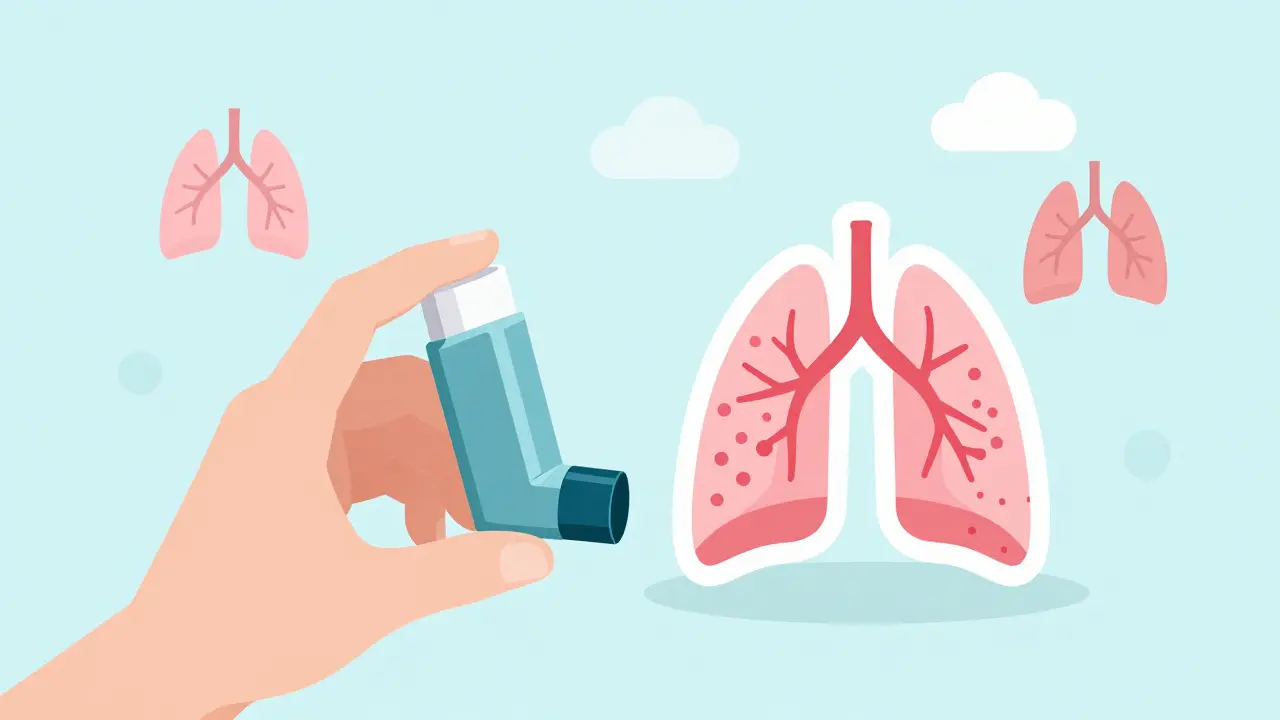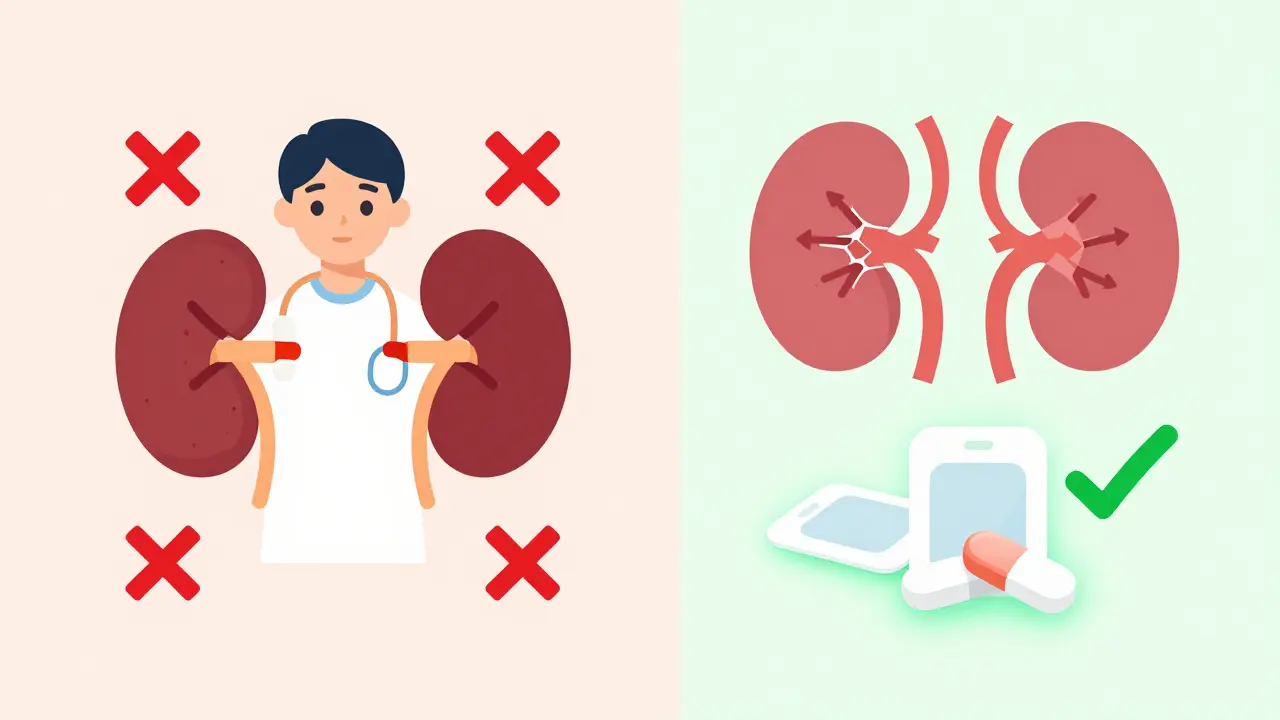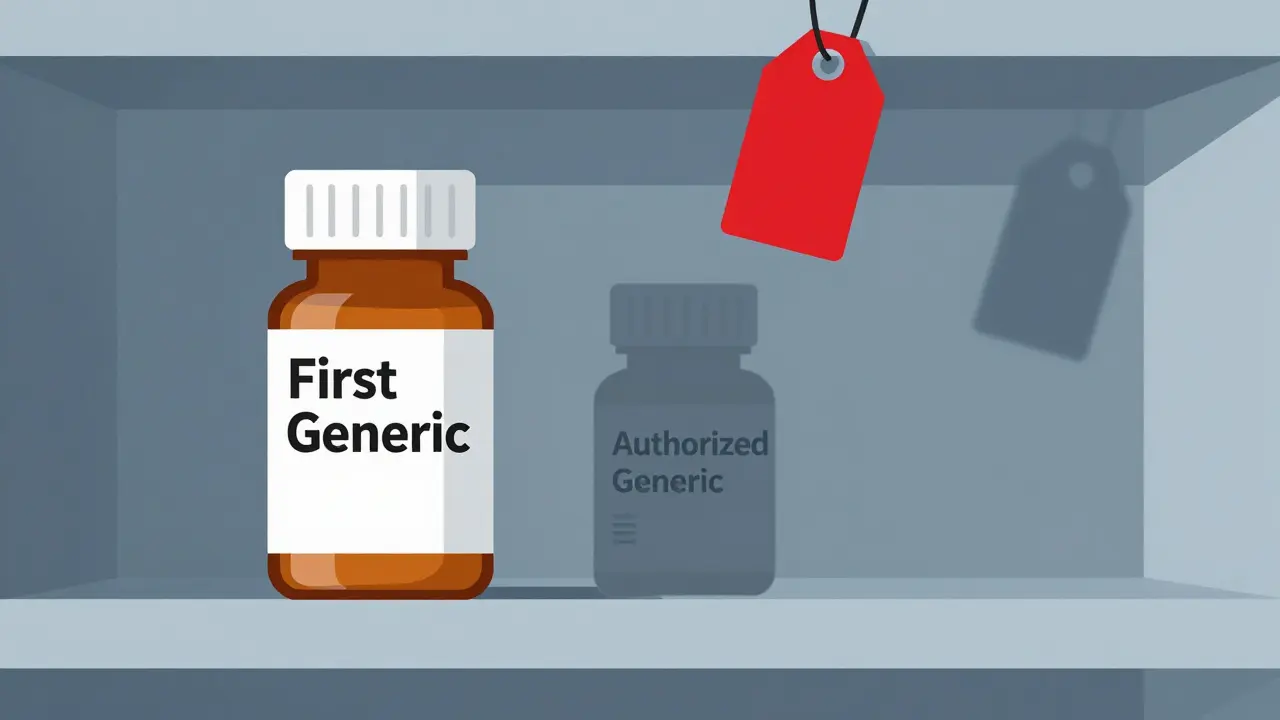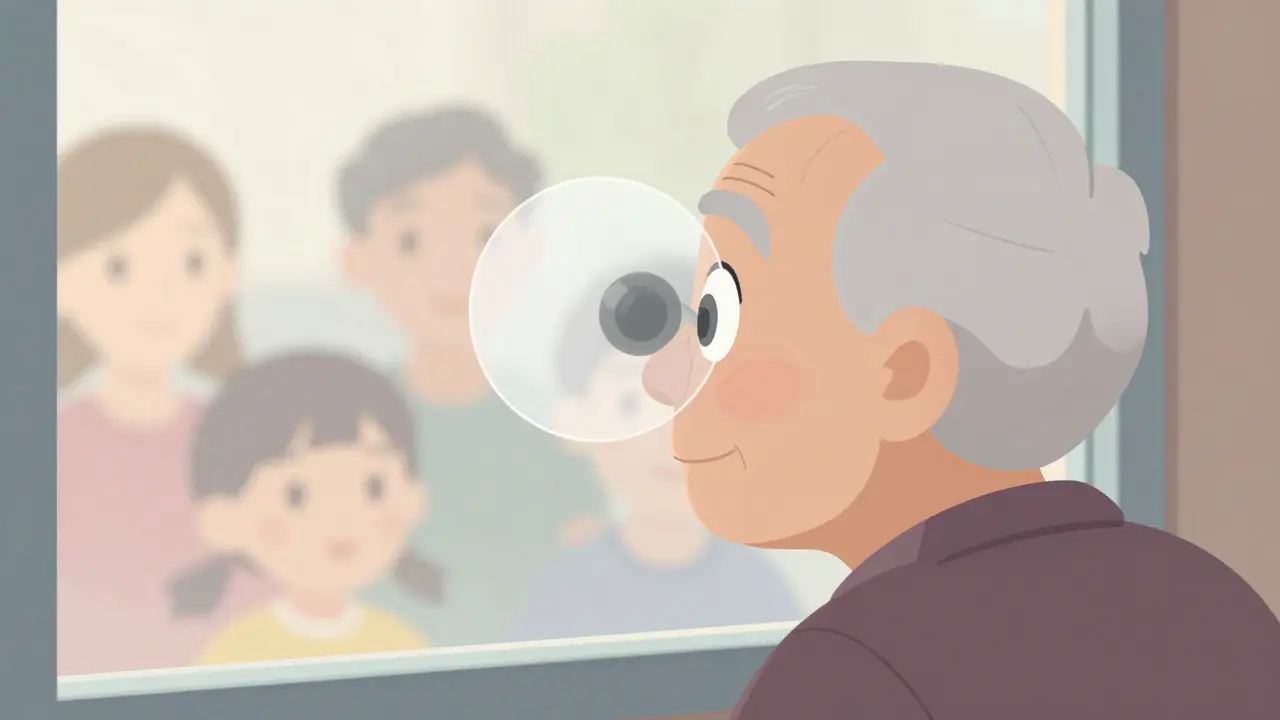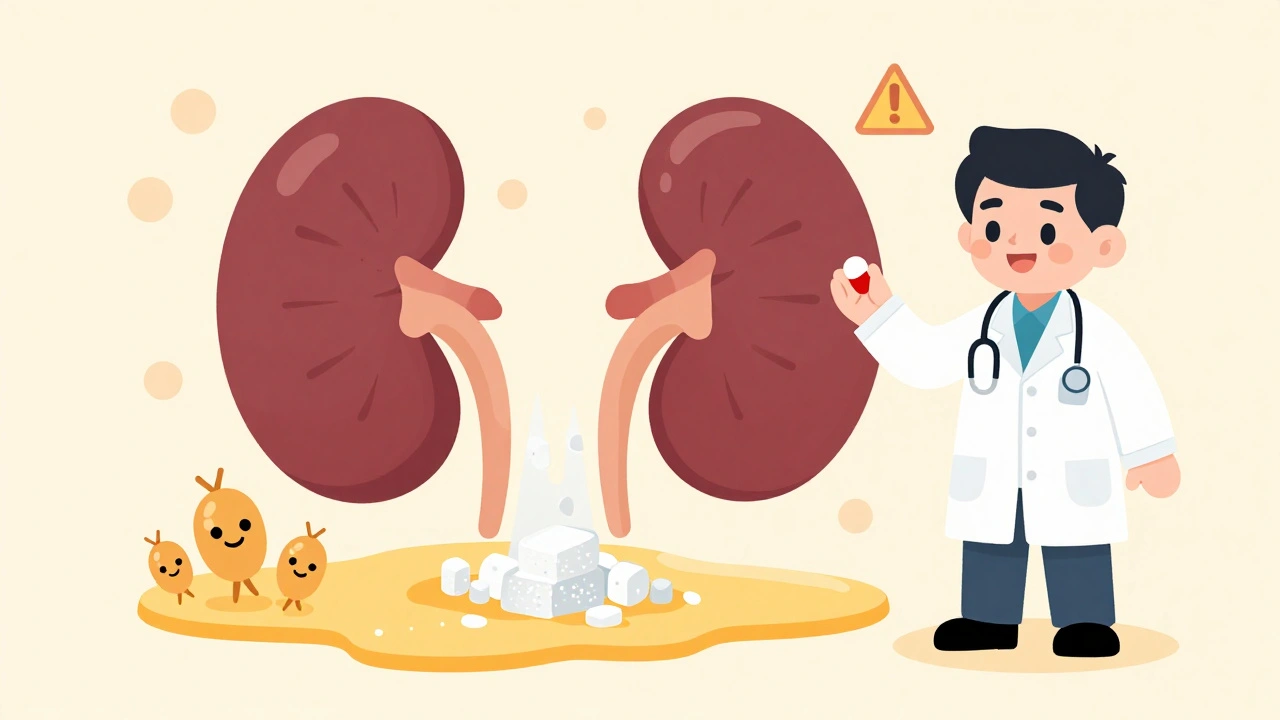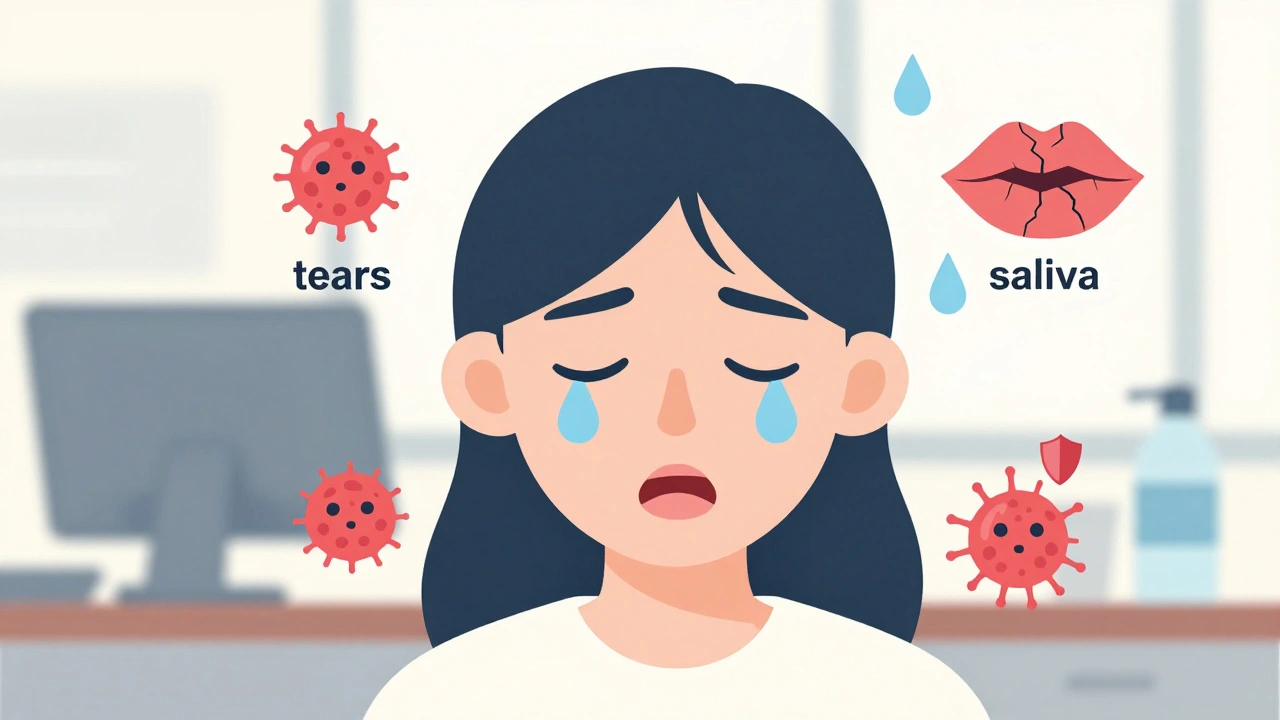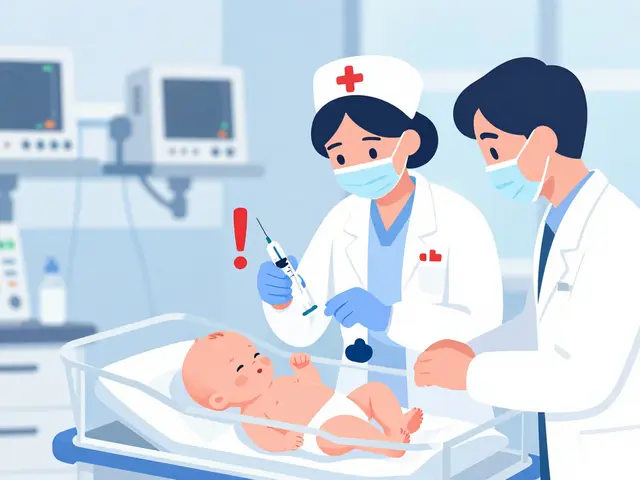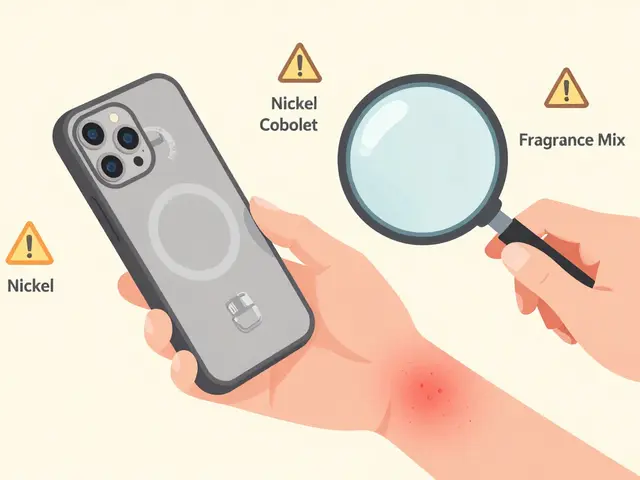TL-Pharmacy: Your Trusted Source of Quality Pharmaceuticals - Page 6
Complex Generic Formulations: Why Proving Bioequivalence Is So Hard
Proving bioequivalence for complex generics like inhalers, creams, and injectables is far harder than for simple pills. Learn why standard tests fail, how reverse-engineering works, and what’s being done to bring affordable versions to market.
Opioids in Renal Failure: Safer Choices and Dosing Guidelines
Learn which opioids are safe to use in kidney failure and how to dose them correctly based on kidney function. Avoid toxic metabolites and reduce risks of neurotoxicity and respiratory depression.
180-Day Exclusivity and Authorized Generics: Legal Risks and Market Impact
The 180-day exclusivity rule was meant to reward generic drug makers who challenge brand patents - but authorized generics let brand companies undercut them during that window, undermining competition and reducing revenue. Here’s how the law works, why it’s broken, and what’s being done to fix it.
Cataracts: Understanding Age-Related Lens Clouding and Modern Surgical Treatment
Cataracts are a common age-related condition that clouds the eye's natural lens, leading to blurry vision. Modern cataract surgery replaces the cloudy lens with an artificial one, restoring clear vision in most patients with high safety and success rates.
Out-of-Pocket Costs: How Generics Slash Your Medication Bills
Generics cut out-of-pocket drug costs by up to 90%. Learn how brand-name prices compare, why you're still overpaying, and how to save hundreds yearly with simple steps - no insurance tricks needed.
Recent Patent Cases and Generic Delays: 2023-2025 Examples
Despite FDA approval, generic drugs in the U.S. face average delays of 3.2 years due to patent litigation. Learn how patent thickets, the 30-month stay, and legal tactics are blocking affordable medicines for patients.
SGLT2 Inhibitors and Yeast Infections: What You Need to Know About Urinary Complications
SGLT2 inhibitors help lower blood sugar in type 2 diabetes but increase the risk of yeast and urinary tract infections. Learn how these drugs work, who’s most at risk, and what to do if you develop symptoms.
Cerumenolytics: How to Soften Earwax at Home Safely and Effectively
Learn how to safely soften earwax at home using over-the-counter cerumenolytics like carbamide peroxide, mineral oil, and baking soda solutions. Discover what works, what doesn’t, and when to see a doctor.
Child and Adolescent Depression: How Family Therapy and Medications Work Together
Family therapy and FDA-approved medications like fluoxetine and escitalopram are the most effective treatments for teen depression. Together, they address both emotional roots and brain chemistry, offering real hope for recovery.
Sjögren’s Syndrome: What It Is, How It Affects Your Body, and What You Can Do
Sjögren’s Syndrome is an autoimmune disease that attacks moisture-producing glands, causing chronic dry eyes, dry mouth, fatigue, and joint pain. Learn how it's diagnosed, managed, and why early detection matters.
